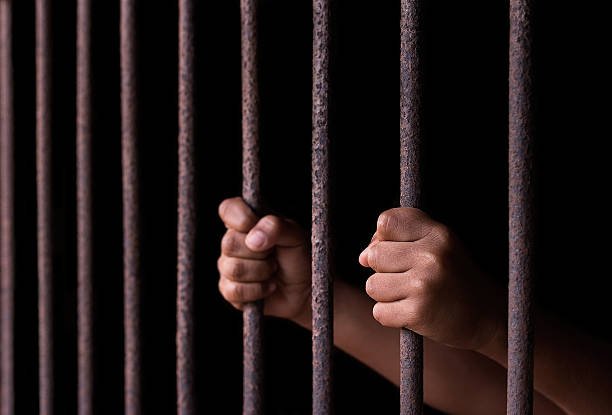The recent decision by the Northern Territory (NT) government in Australia to lower the age of criminal responsibility back to 10 has sparked intense debate. This controversial move raises questions about whether jailing children can ever be a good decision, especially given its potential consequences on young offenders, particularly Indigenous children. While the government defends the reversal as necessary to curb youth crime, critics argue that it could do more harm than good.
Background of the Decision
Earlier this year, the NT had raised the minimum age of criminal responsibility to 12, aligning with calls from human rights organizations and medical professionals. These advocates urged Australia to follow global trends and raise the age to 14, as recommended by the United Nations. However, after the Country Liberal Party (CLP) won the August election by a landslide, it pledged to return the age to 10, arguing that it would help reduce crime and protect the safety of communities.
NT Chief Minister Lia Finocchiaro explained the government’s stance, stating that the change would allow courts to place young offenders in rehabilitation programs aimed at addressing the root causes of their behavior. “We have an obligation to both the child who has been let down by society and the people who deserve to feel safe,” Finocchiaro said during a parliamentary session.
The move follows rising concerns about youth crime, particularly in NT cities like Alice Springs, where violent incidents have prompted curfews. The government has also introduced stricter bail laws and penalties for promoting crime on social media.
The Case Against Jailing Kids
Many experts, including doctors, Indigenous groups, and human rights organizations, are pushing back against this decision. They argue that lowering the age of criminal responsibility will disproportionately affect Aboriginal and Torres Strait Islander children, who already face significant overrepresentation in the justice system. According to data, the NT jails children at a rate 11 times higher than any other part of Australia, with nearly all incarcerated minors being Aboriginal.
Research shows that incarcerating children at such a young age often leads to long-term negative consequences. Studies in Australia and worldwide indicate that children who enter the criminal justice system early are more likely to reoffend and experience disruptions in their education, health, and future employment opportunities. Moreover, Indigenous children are less likely to be given warnings or alternative sentencing compared to their non-Indigenous peers, making them more vulnerable to harsh penalties.
Shahleena Musk, NT’s children’s commissioner and a Larrakia woman, expressed concern over the new laws, stating, “We shouldn’t be sending these kids into a youth justice system that is harmful and ineffective.” She highlighted that jailing children only compounds the problems they already face, including poverty, neglect, and trauma.
Public Outcry and Political Criticism
The decision to lower the age has sparked protests, with many Australians questioning the ethics and effectiveness of jailing children as young as 10. Critics have pointed out that such young children may still have baby teeth, a fact that has become a symbol of the protests. Signs like “10-year-olds still have baby teeth” and “What if it was your child?” have been seen at demonstrations, drawing attention to the vulnerability of young offenders.
Independent MP Yingiya Guyula, an Indigenous Yolŋu man, labeled the bill “racist,” arguing that it unfairly targets Indigenous children. “It’s just colonization—someone else is making decisions for us when they should be listening to our people,” he said, calling for more community-led solutions rather than punitive measures.
Opposition Leader Selena Uibo, the first Aboriginal woman to lead a major party in Australia, also condemned the decision. “The earlier a child comes into contact with the criminal justice system, the more prolonged their involvement is likely to be,” she said, arguing that the focus should be on rehabilitation rather than incarceration.
The Broader Implications
The debate in the Northern Territory reflects broader concerns about youth justice in Australia. Most states and territories still have a minimum age of criminal responsibility of 10, though there have been efforts to raise it. Only the Australian Capital Territory (ACT) has officially increased the age, while Victoria and Tasmania have plans to do so in the coming years.
Critics fear that the NT’s decision could slow momentum for reform across the country, setting a dangerous precedent for how young offenders are treated. Meanwhile, supporters argue that immediate action is needed to curb youth crime, even if it involves tough measures like incarceration.
Conclusion
The decision to jail children as young as 10 in the Northern Territory remains a deeply divisive issue. While the government claims it is necessary to protect communities, many believe that such a policy could have severe, long-lasting effects on vulnerable children, particularly those from Indigenous communities. The question remains: can jailing kids truly be a good decision, or are there better ways to address youth crime and rehabilitation?
Stay connected to know more on arcnews.online for global news like Can Jailing Kids Be a Good Decision? For videos updates visit our YouTube. Do subscribe to Arcnews to get latest updates directly in your mail box.
Have A Great Day.


